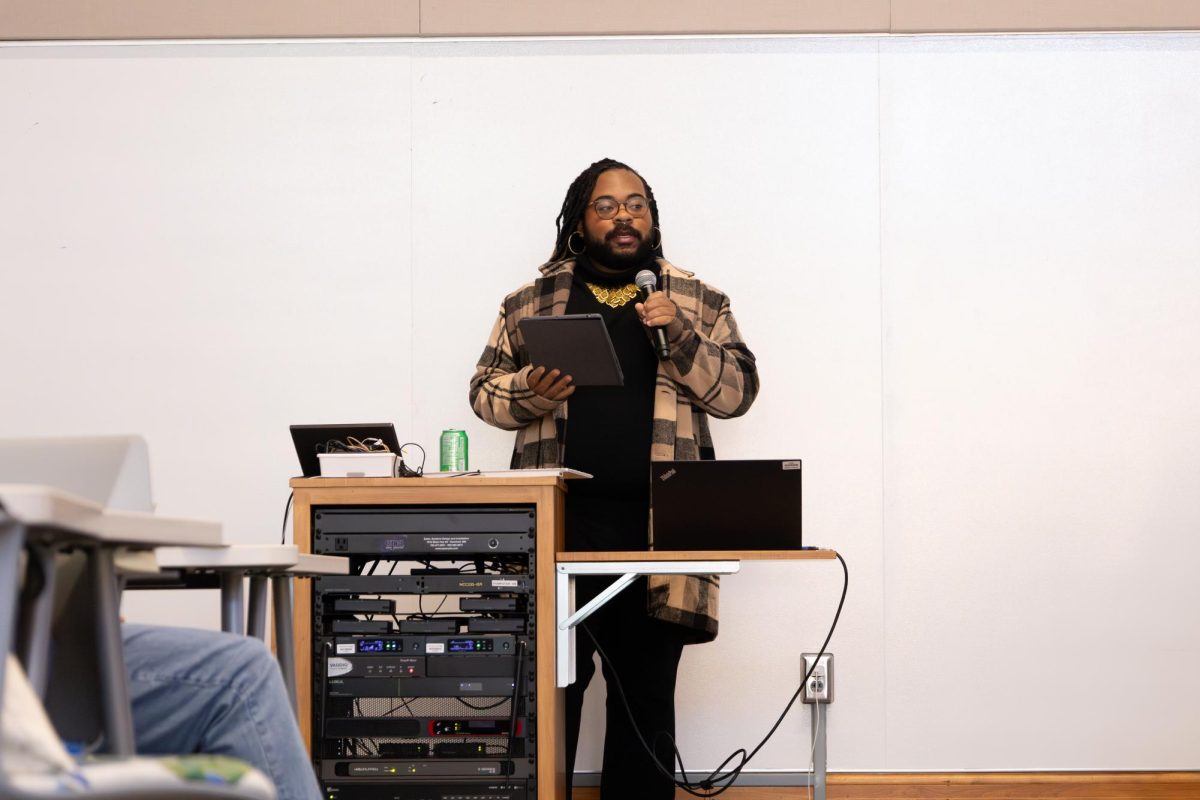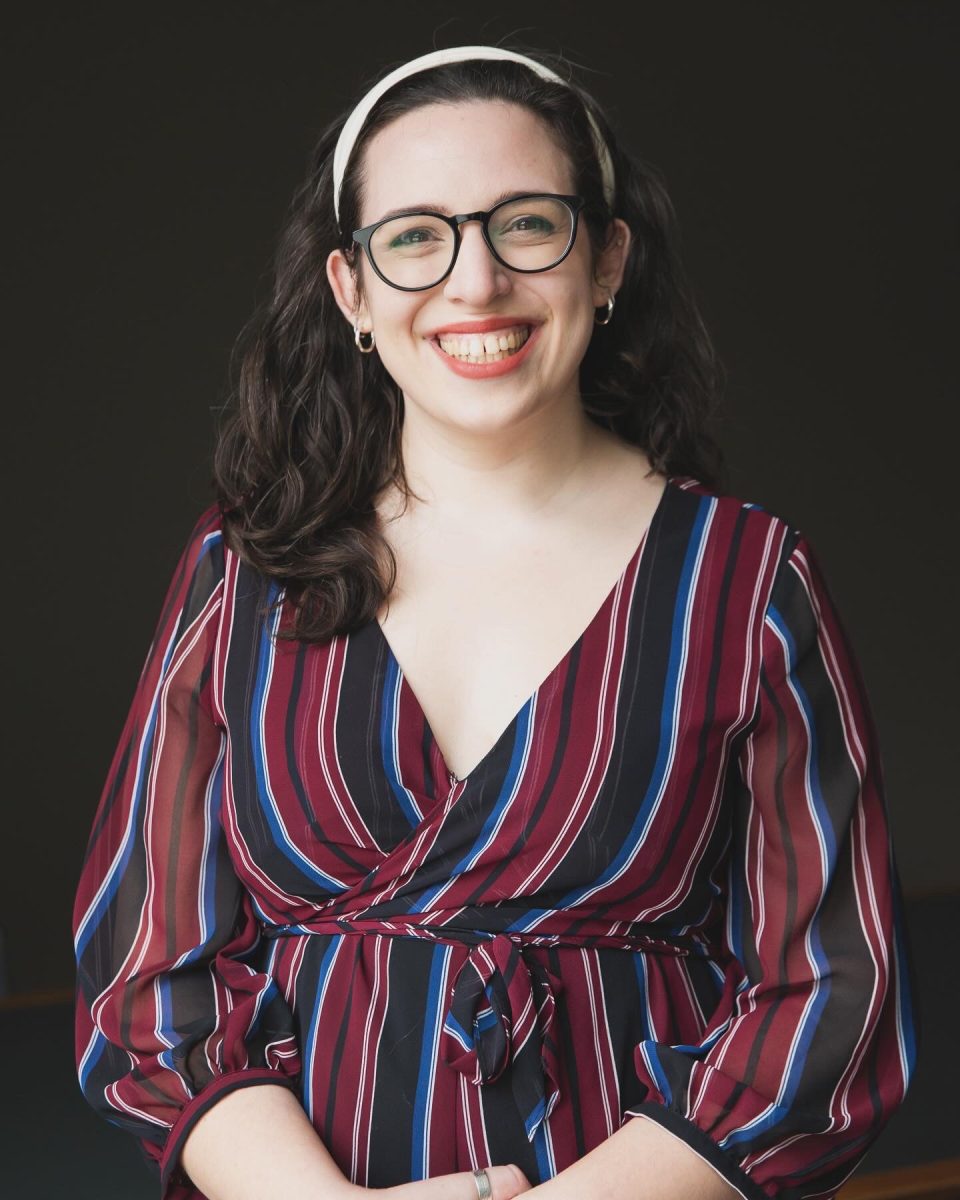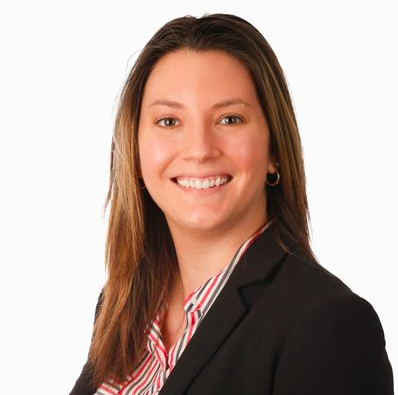In June, Danielle Hayden was hired as Carleton’s new Financial Aid Director, replacing Rod Otto after his retirement. Hayden was hired away from Purdue University, her alma mater, where she worked as the Assistant Director for Financial Aid Packaging and Funds Management.
Hayden’s path to her position looks different from many other administrators. She started working in financial aid as an undergraduate, as part of her work-study program. Hayden has seen and experienced college financial aid at almost every level after being a student-worker and Pell Grant recipient herself.
“I had loans, I had a work-study, I made $7.25 working as a caterer in the student union,” Hayden said. “Me and both my brothers were all Pell Grant recipients, and we all worked our way through college, so I can very much relate to students and that balancing act.”
“I started in the Division of Financial Aid at Purdue; they had a peer counseling program that I worked at, counseling in-person, on the phone, answering emails, helping our peers and their families through the financial aid process,” Hayden said. “I did that for two years, 40 hours a week in the summer, 15 in the academic year, but I never thought I’d stay in financial aid.”
But she did. After graduating in 2013, Hayden stayed at Purdue in the Financial Aid Office until 2015 before working at St. Mary’s College, a small Catholic women’s college associated with Notre Dame, and then Notre Dame before going back to Purdue.
Hayden was not only working during this period, but also studying; she received a Master of Art in Higher Education Administration at Louisville University and is currently enrolled in a doctoral program at Purdue, also in Higher Education Administration.
“My dissertation [at Purdue] is looking at policy impacts on historically excluded students, so trying to study how we can make good policy, looking at unintended consequences and things like that,” said Hayden.
When it comes to the nuts and bolts of financial aid, Carleton is very different from institutions like Purdue and Notre Dame. One of the major differences Hayden mentioned is the use of the CSS Profile along with the Free Application for Federal Student Aid (FAFSA) when determining aid packages.
“The CSS Profile looks at so much more: it looks at home ownership, where your siblings are attending college or K-12 school, it looks at your parents’ job, allows you to demonstrate medical expenses, and you have the opportunity to freeform type,” said Hayden.
Hayden noted that the holistic review the CSS Profile provides means her office can be more equitable when determining aid packages.
“I think a lot about horizontal and vertical equity,” said Hayden. “We need to assess vertical equity, people in different situations should be treated differently, and then for horizontal equity we need to treat people in the same situation equally. The way we conduct our individualized review at Carleton really means we can address both.”
Hayden also addressed some misconceptions she believes students have about the financial aid process.
“There are a lot of misconceptions around the funding of financial aid,” said Hayden. “Just because somebody is paying full price at Carleton doesn’t mean the money is supporting another low-income student. The amount of funding we’re using to support students is split between different revenue sources, so there’s not a direct correlation. All students receive financial support to attend Carleton, even those not on aid.”
She also discussed Carleton’s need-aware status when it comes to admissions: Carleton considers a student’s ability to pay when considering admission, unlike some other institutions which are need-blind.
“I think need-aware schools can get a bad rap because there is a perception that need-aware schools will only admit full-pay students,” said Hayden. “But we admit more students on aid than we do full-pay. I think we’re using it to intentionally create a more well-rounded campus in terms of socioeconomic status.”
Overall, Hayden emphasized that she wants to make sure the financial aid department is a welcoming place for students during her time as director.
“A lot of times people are coming to us in a time of crisis: parents are getting divorced, job loss, students can no longer afford to pay,” said Hayden. “I want to break down that intimidation factor and be a welcoming space for students to feel like they can come in and have a conversation and know they’ll be taken seriously.”












